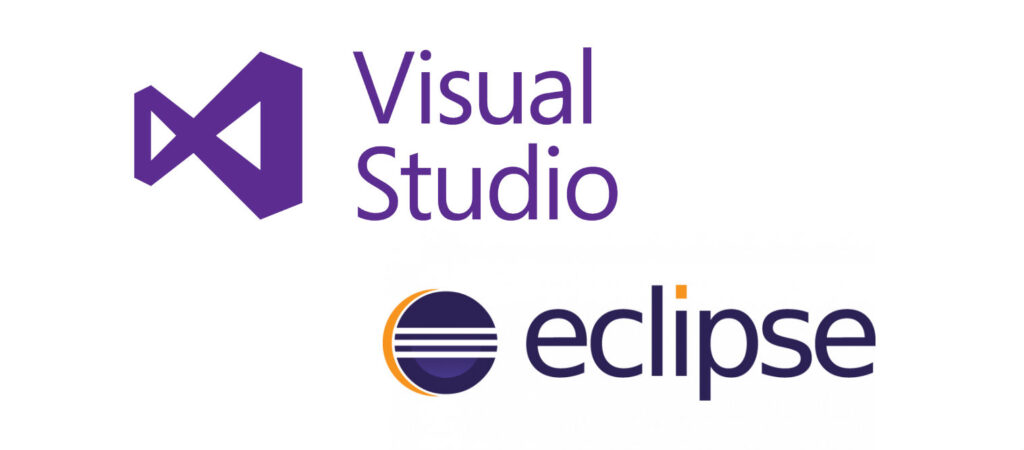Microsoft Visual Studio is a code-centric, rapid application development platform that enables you to quickly build high-quality applications for the Windows Desktop and the Web. It lets developers use their existing skills in C+, +. NET Framework, Microsoft Foundation Class Library (MFC), Java™, ATL Server Pages , COBOL, or SQL to build applications.
On the other hand, Eclipse is a multi-language software development environment comprising of a base workspace and an extensible plug-in system for customizing the IDE to suit individual programming styles and project workflows. It also has a large third party developer community worldwide, so whenever you are stuck with any problem, its forums might have a solution for you.
Now, the big question is which one should you use for your web app development project? Both Visual Studio and Eclipse are excellent choices, but each has its own strengths and weaknesses.
If you are already familiar with the Microsoft .NET Framework and want to stick with a Microsoft-centric development environment, then Visual Studio is the better choice.
On the other hand, if you are more comfortable with open source or cross-platform development tools, or your organization already has a large investment in Java-based tools and skillsets, then Eclipse is probably the better choice for writing web applications.
This article discusses some of the advantages of both tools to help you make up your mind.
Microsoft Visual Studio:
- Excellent for development of Windows Desktop and Web applications.
- Familiarity with Microsoft tools and technologies can help reduce learning curve.
- Good for C++, +, . NET Framework, MFC, ATL Server Pages , COBOL, and SQL development.
- Large number of third party libraries are available for Visual Studio.
- Supports Team Foundation Server (TFS) that enables you to track projects using work items, test cases, and builds.
- Includes starter editions of Visual Web Developer Express and SQL Server Express Edition which are free to use.
Eclipse:
- Cross Platform – it runs on all major operating systems.
- Can be used to develop Desktop and Web applications.
- Very easy to learn – simpler, cleaner interface.
- Supports multiple programming languages such as C/C++, Java™, PHP , Perl, Python, Ruby etc.
- Pre-integrated with a wide range of tools that can help accelerate development including JUnit, CVS, Subversion (SVN), and Apache Ant.
- The plug-in architecture provides a large number of ready to use tools for debugging , code refactoring, code analysis etc.
- Supports IBM Rational software development tools including Business Developer II, Test Workbench, Rational Rose Modeler etc .
- Supports plug-ins from the Eclipse community and third party vendors.
- Supports extensible Templating Language (DTL) that enables you to add new features in a snap.
- In built Subversion client for seamless integration with TFS.
Supports IBM Plug-in Development Environment for building custom Eclipse tools and integrating them with your development process.
So, as you can see, both tools have their own strengths and weaknesses. The final decision depends on your individual needs and preferences.
